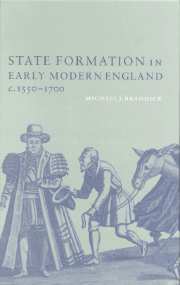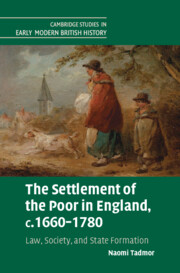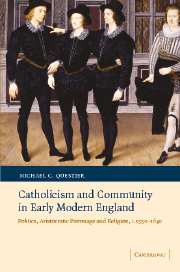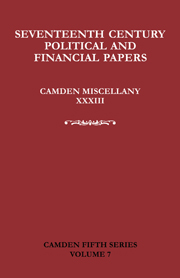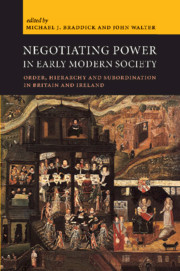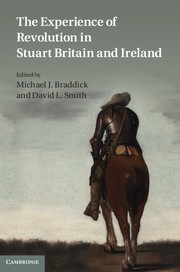State Formation in Early Modern England, c.1550–1700
This book examines the development of the English state during the long seventeenth century, emphasising the impersonal forces which shape the uses of political power, rather than the purposeful actions of individuals or groups. It is a study of state formation rather than of state building. The author's approach does not however rule out the possibility of discerning patterns in the development of the state, and a coherent account emerges which offers some alternative answers to relatively well-established questions. In particular, it is argued that the development of the state in this period was shaped in important ways by social interests - particularly those of class, gender and age. It is also argued that this period saw significant changes in the form and functioning of the state which were, in some sense, modernising. The book therefore offers a narrative of the development of the state in the aftermath of revisionism.
- Makes an original argument about a well-established historical question - 'the state' in the seventeenth century - on the basis of wide thematic and chronological coverage
- Offers material and arguments about state formation which will interest those working in politics and historical anthropology as well as in seventeenth-century English political history
- Weaves material on politics with studies of class, gender and age to provide a rounded picture of 'the state' during the 'long' seventeenth century
Reviews & endorsements
'… this is a breakthrough book of fundamental importance. By investing it with a new theoretical rigour, and so integrating its intellectual, cultural, social, economic and political aspects, Braddick has not only moved the analysis of state formation on to a broader canvas, but raised it to a new level.' The English Historical Review
'An interesting study with an original approach.' Northern History
'By appreciating the complexity of state 'formation' rather than 'making', and by crossing the boundaries separating periods and those dividing different fields of historical analysis, Braddick has provided the best guide we have to the early modern state.' The Historical Journal
'Constantly thoughtful, the text will prove indispensable.' Journal of Imperial and Commonwealth History
Product details
January 2005Adobe eBook Reader
9780511031199
0 pages
0kg
This ISBN is for an eBook version which is distributed on our behalf by a third party.
Table of Contents
- Introduction
- Part I. State Formation in Early Modern England: Introduction
- 1. The embodiment of the state
- 2. The uses of political power in early modern England
- Conclusion
- Part II. The Patriarchal State: Introduction
- 3. Social order: poverty, dearth and disease
- 4. The courts and social order
- Conclusion
- Part III. The Fiscal-Military State: Introduction
- 5. The state and military mobilisation
- 6. The financing of the state
- Conclusion
- Part IV. The Confessional State: Introduction
- 7. The claims of the confessional state: local realities
- Conclusion
- Part V. The Dynastic State: Introduction
- 8. Elite formation and state formation in England, Wales and Scotland
- 9. London's provinces: state formation in the English-speaking Atlantic world
- Conclusion.

